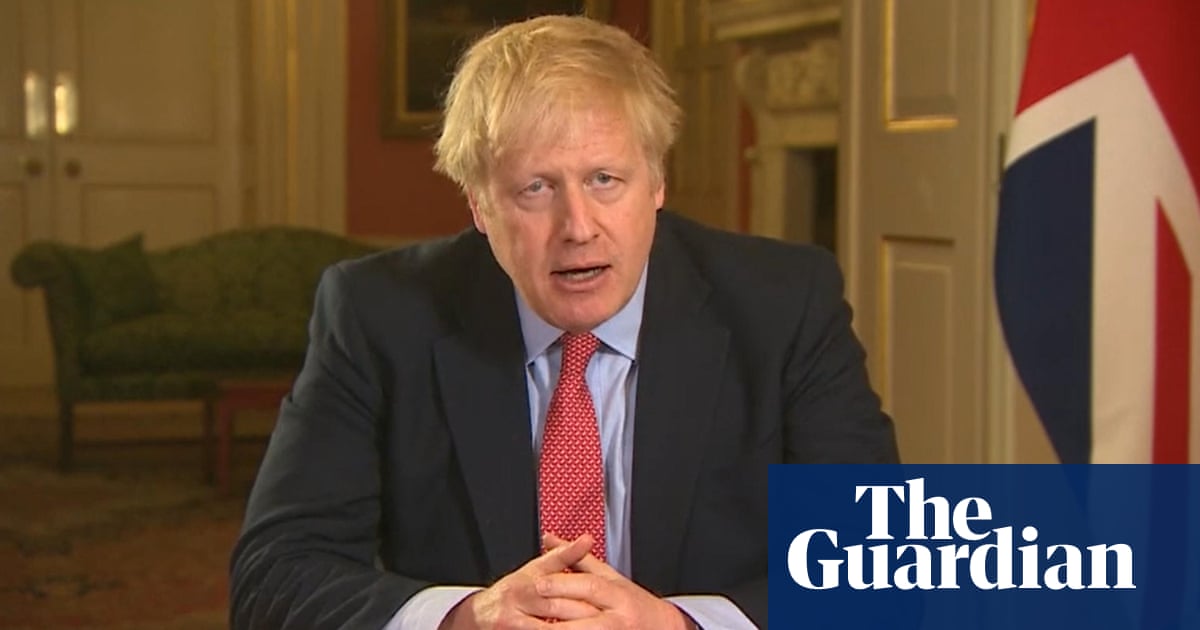
The number of stars visible in the skies above Britain increased in this year’s annual count, indicating a lessening of light pollution in lockdown.
CPRE, the countryside charity, said 51% of people taking part in its citizen science count in February noted 10 or fewer stars in the Orion constellation, indicating severe light pollution. During the same period in 2020, before the first lockdown, 61% of counts registered 10 or fewer stars.
Thirty or more stars, indicating truly dark skies, were seen by 5% of participants, the highest figure since 2013.
“I’m delighted to see severe light pollution in the UK appears to have fallen,” said Crispin Truman, the CPRE chief executive. “It’s likely this is an unintended positive consequence of lockdown, as our night-time habits have changed. Let’s hope we can hold on to some of this achievement as we come out of lockdown.”
The results, recorded on an interactive map, are published during International Dark Sky Week, which aims to raise awareness of the impact of light pollution. Human illumination of the planet is growing in range and intensity by about 2% a year, and light pollution is implicated in the decline of insects, especially moths, while also changing the behaviour of many other animal species.
Truman said: “Looking up at a starry night sky is a magical sight and one that we believe everyone should be able to experience, wherever they live. And the great thing is, light pollution is one of the easiest kinds of pollution to reverse – by ensuring well-designed lighting is used only where and when needed, and that there is strong national and local government policy.”
Ruskin Hartley, the executive director of the International Dark-Sky Association (IDA), said: “We believe that solving the problem of light pollution begins with knowing the problem exists. For many people, participating in Star Count during lockdown may, for the first time in a long while, have been their first encounter with a dark night sky.”
CPRE and IDA are seeking to protect dark skies and lessen light pollution with policies to ensure lights are turned off in office buildings when they are unoccupied and increase the use of LED lights that only illuminate where we walk.












